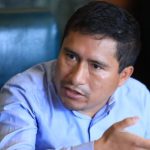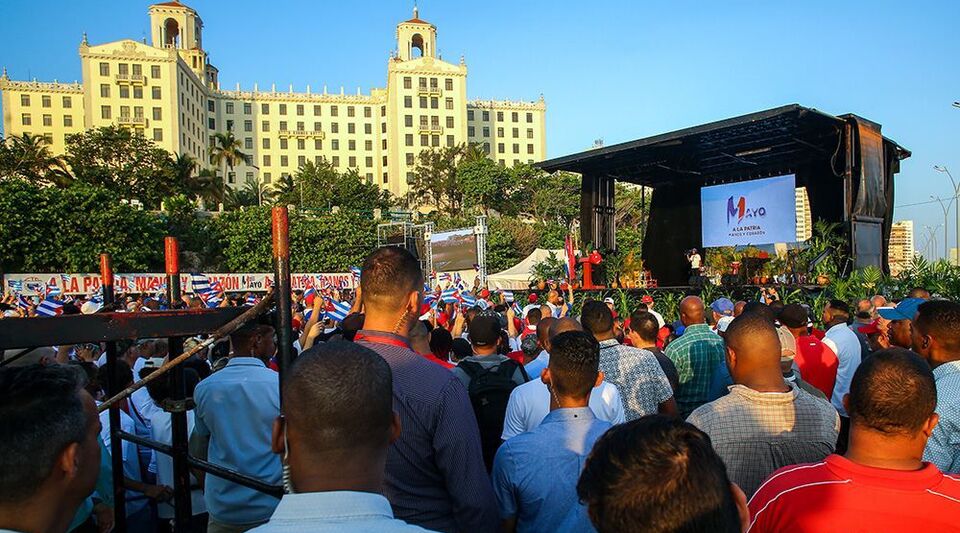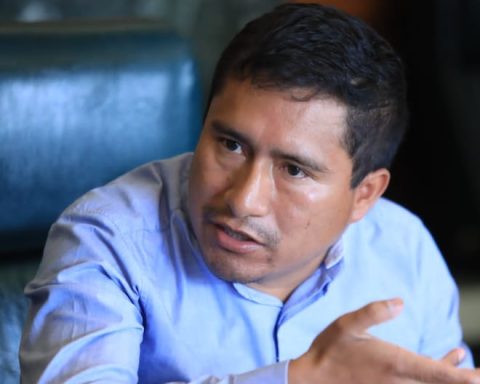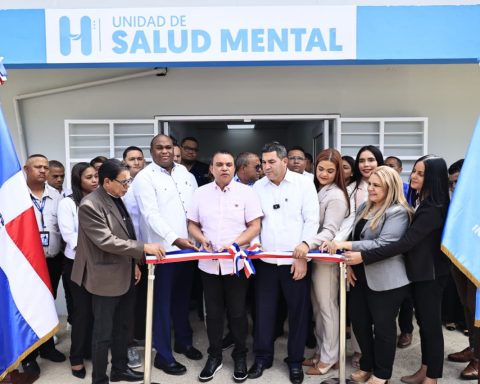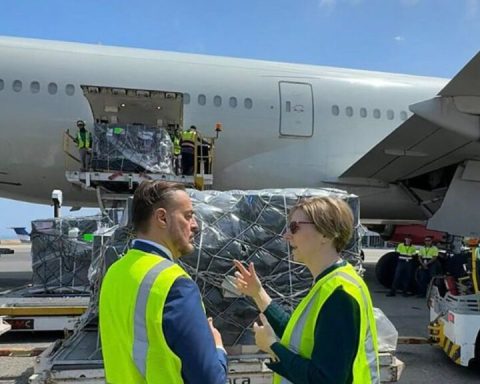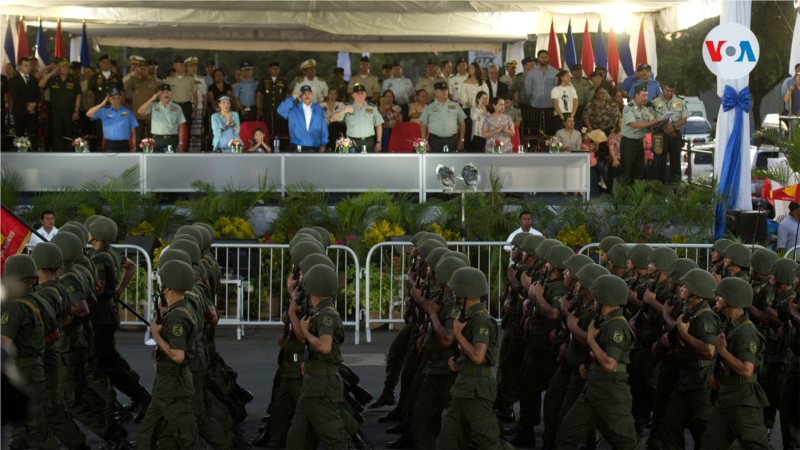
The US decision to appoint a business manager at his embassy in Managua “for a long time”, and not to an ambassador, who is the highest-level diplomat who represents one State before another, is a “political” message from President Joe Biden to Daniel Ortega, experts say consulted by the Voice of America.
Kevin O’Reilly was appointed by Biden as the business manager who will be in charge of the embassy, replacing Kevin Sullivan, who had been in Nicaragua for four years, and his arrival comes after Ortega withdrew the approval that had been granted to the diplomat Hugo Rodríguez in July 2022 after accusing him of “interference”.
Former OAS adviser Guillermo Belt mentions that a charge d’affaires has the necessary powers to represent his government before the receiving country, with no other difference with an ambassador than diplomatic rank.
And he adds that it is customary to appoint a chargé d’affaires to lead the diplomatic mission, in this case the US embassy in Nicaragua, while the procedures for the appointment of a new ambassador to replace the outgoing one are carried out.
“The decision to appoint a chargé d’affaires could be interpreted as a way to ensure that the US embassy in Managua is in the hands of a foreign service official with a long and very interesting career,” Belt said.
And he explained that “it could be thought that the US government does not want to risk proposing a new ambassador at this time, which would imply requesting the corresponding approval without running the risk of another rejection by a regime that acts in an unpredictable and sometimes inexplicable manner.”
In fact, a State Department spokesperson told the VOA that diplomacy continues to be essential to “address the variety of challenges facing Nicaragua,” which he said was “one of the main priorities in the region.”
A political message?
There are some peculiarities in the foreign service regarding these movements. The former Minister of Foreign Affairs of Chile Antonia Urrejola expressed in statements to the VOA that when she was in charge as foreign affairs representative of her country, they had an ambassador in Managua, but then “a political decision” was made to leave only a charge d’affaires “as a way of protesting against the regime” for the violations of human rights that are attributed to them.
Chile’s decision was made at the beginning of January of this year and Ortega responded days later by withdrawing his ambassador in Santiago as an apparent measure of reciprocity.
“We did it as a political sign not having an ambassador from the government of President Boric. It is a political signal to lower the level of diplomatic relations with Ortega,” Urrejola stressed.
The former foreign minister said that beyond the public speeches that Ortega and Murillo can make regarding the United States, she sees it as difficult for them to end a definitive cut with Washington, due to its proximity and because “it has too much power in the area.”
In the case of Chile, Urrejola points out that although they made the decision to withdraw an ambassador, they left behind a charge d’affaires. “We need trained people at the embassy who can also inform us of what is happening.”
[La periodista de la VOA Salomé Ramírez contribuyó con este reporte desde Washington]
Connect with the Voice of America! Subscribe to our channel Youtube and activate notifications, or follow us on social networks: Facebook, Twitter and instagram








